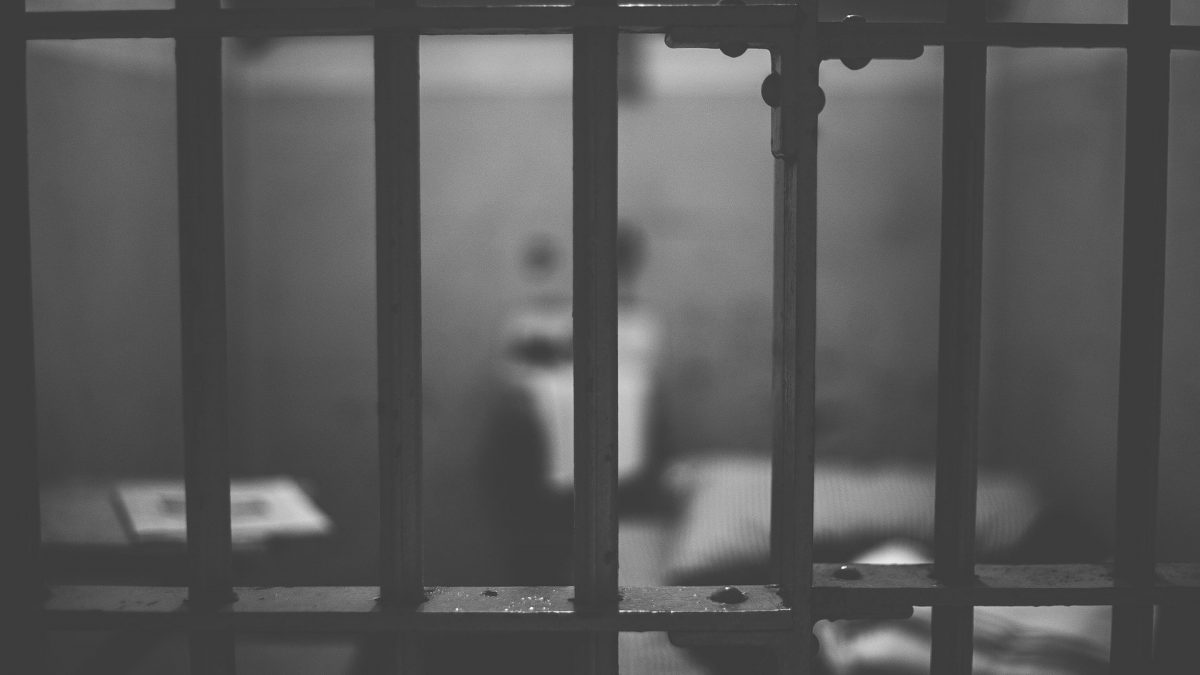
YouTube Video: 8 ways to boost your employability during lockdown
June 13, 2020
Commercial Awareness Update – W/C 14th June 2020
June 14, 2020Article by Konstantina Nouka
Throughout history, from Babylon to Ancient Greece, and Renaissance to the 21st century, the idea that someone needs to be punished for their wrongdoings, has been one of the fundamental elements of the legal systems around the world. Thus, it is an inherent part of the legal system of England and Wales as well. If you commit a crime, you will receive what is considered as proportionate to your wrongdoing. By doing this, you will be deterred from committing the same crime, and the public will avoid pursuing a similar conduct too.
However, what happens when someone is sent to prison for a crime that they never committed?
In American Got Talent 2020, Archie Williams brought the audience to tears. He did not bring the audience to tears because of how nicely he managed to sing. He actually brought the audience to tears because the 4.000 Americans realised that they should not take their freedom for granted. Why? Mr. Williams served a 37-year- rape sentence for a crime that he never committed. How can this be possible though? How can an innocent man spend most of his life as a criminal, without his family, without his friends, and without the most important thing of all… without his freedom?
In the United Kingdom, and especially in England and Wales, American law is obviously not applicable, and thus someone might wonder why Archie Williams’s tragedy is brought up in a UK legal blog. Unfortunately, the answer is one that no one wants to accept: there are many people in UK prisons that have gone through or still going through the same horrific experience as the American Archie Williams did.
The tragedy goes centuries and centuries back. In 1660, John, Richard, and Joan Perry were charged and sentenced for the murder and robbery of William Harrison and they were executed. In 1949, George Kelly was executed as he was charged with double murder. In 1950, Timothy Evans was charged and executed for murdering his wife. But what did those three defendants had in common? Their common characteristic is that after they were executed, they were found innocent. How can someone justify that an innocent person lost their life due to an evidential mistake? How can someone justify that someone lost their life due to a misdirection of a point of law? Can ever be a justification for such an atrocity?
Even if judicial and legal mistakes were made, which cost the lives of many people throughout history, the same problem, innocent people losing their freedoms for wrongdoings that someone else committed, is an issue still evident in the 21st century UK. Sean Hodgson was one of the UK’s longest-serving victims of a miscarriage of justice. He was jailed in 1979 for the murder of Teresa De Simone, and his conviction was overturned in 2009 after advances in DNA. In order for the State to make right their own wrongdoing of depriving a man of 30 years of his freedom, he was simply compensated with the payment of £250,000.
More recently, another high-profile case that attracted immediately the attention of the public involved the footballer Ched Evans, who served a prison sentence due to false rape charges. Similar fate though was meant to be for the Oval Four victims of injustice, Winston Trew, Sterling Christie, George Griffiths, and Constantine Boucher, where the Court of Appeal overturned their convictions, of robbery and resisting arrest, after 47 years.
But how were those high profiles 21st-century convictions quashed, overturned, or considered unsafe? The role of the “guardian angel” for those victims of miscarriages of justice was played by the Criminal Case Review Commission which was established under the Criminal Appeal Act 1995 and the point of this organization is to investigate suspected miscarriages of justice in England, Wales, and Northern Ireland.
Above, only a few of the cases where a miscarriage of justice occurred have identified, but unfortunately there many more. From 1997 to the present, the Criminal Case Review Commission has referred 692 to the Court of Appeal for reconsideration, and just imagine that those are only the cases that fall within the criteria of this organization and where the alleged defendant had the courage to fight for his liberty and not just give in to the unfairness and injustice of our legal system and as a result go into the “survival mode” of prison.
Therefore, the phrase “Only bad people go to prison.” is clearly an illusion of a perfect world and that world is not the world that we live in. Yes, arguably, the majority of the prison population, have done something that justifies them being there. But what about that fraction of the prison population, who spends days and nights, counts the hours, the minutes, the seconds in a place where they don’t belong? What about the people that feel like they don’t have a choice but plead guilty? Or, what about the people with mental illnesses that are charged and sent to prison when actually other facilities are appropriate for them?
All those victims of miscarriages of justice are the victims that our legal system is obliged to protect, but it doesn’t do so. After losing their work, their friends, their partners… after losing everything, these people get out of prison having nothing. Compensations are not always given, but even if they are given, can they bring back the years lost while confined in a prison cell? Certainly not. What is even worse, only around a third of those victims are able to find a place to work again and so most of them either become homeless or have to stay in shelters. The world has moved, and the world has not included them in its movement. Thus, even if they are now free, those victims can never go back to their previous “normal” life.
There is no perfect solution to solve this problem.
A solution in this regard requires the active and direct intervention of the various stakeholders in the process. Everyone from the public prosecutor to the best criminal attorney, including the judicial officers and judges can help the system evolve and keep pace with the times. Our world is constantly moving forward and evolving and the legal system too needs to keep pace with the changing times. Understanding newer mechanisms, identifying legal challenges and moving forward towards finding holistic solutions will help the entire judicial system.
Education to new methods of investigating crimes, cooperation between prosecution and defence in terms of evidence and proper application of the law, and direction of the jury, however, must happen. If there is injustice, even in a small fraction, how can we claim to have justice in the majority of cases? Ensuring that miscarriages of justices are not carried out, is the only way for the public to be confident in our legal system and thus for the public to obey the laws that this legal system has set out for us.





